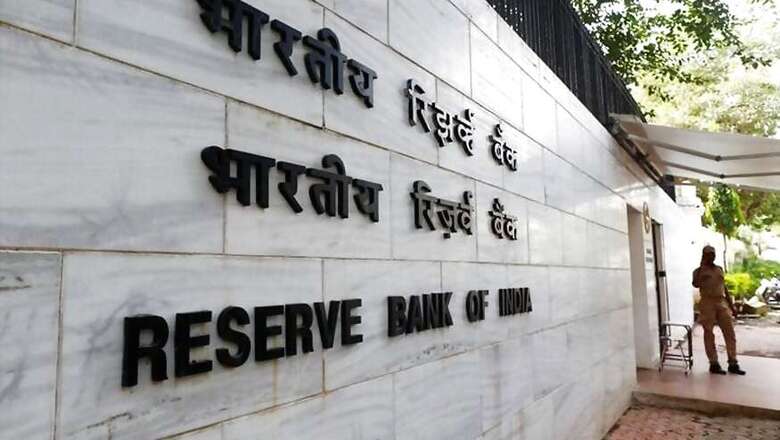
views
Mumbai: India's state-run banks - already bruised by the sprawling Punjab National Bank fraud case and soaring provisions for bad loans - are facing much higher losses on their bond holdings, said brokerage firm Credit Suisse.
The brokerage warned that state-run banks, which are typically the largest investors in sovereign securities, could lose more than 200 billion rupees in the January-March quarter, due to a continued spike in bond yields and as they held more bonds than are required by the regulator.
That would be three times more than their losses on bonds in the preceding quarter.
The brokerage report, coupled with a stream of negative news on the banking sector, sent financial shares tumbling further on Wednesday.
This comes close on the heels of news on Tuesday that Indian investigators have widened a probe into the $2 billion fraud in Punjab National Bank - the biggest bank fraud in the country's history by summoning top management of more banks.
It also adds to the woes of the sector which saw sour loans hit a record of close to $150 billion in 2017, triggering a $32 billion bailout announcement from the government.
New Delhi is in the process of injecting $14 billion of the recapitalisation outlay into the banks during the current quarter, which is also the deadline for the lenders to achieve a central bank-mandated minimum 50 percent provisioning on the loans to companies in bankruptcy court.
"Rising bond losses will add to concerns about the adequacy of the recap plan," Credit Suisse analysts led by Ashish Gupta wrote in a March 6 note to clients, adding they continued to prefer private sector banks despite a steep corrections in the state bank stocks.
State bank shares fell 3.7 percent by 0625 GMT, extending losses from the previous session. The index has slumped more than a third since hitting a multi-year high on Oct. 26 last year after the recapitalisation announcement.
The benchmark 10-year bond yield has risen as much as 48 basis points so far in Jan-March, leaving bond prices on track for their third straight quarter of losses.
Credit Suisse estimates that India's state banks hold on an average about 10 percent more sovereign bonds than required by regulations, putting bank bond holdings at the highest level in 12 years.
The firm said the spike in bond holdings has been driven by weak loan growth and a surge in liquidity after a surprise bank note ban in late 2016 prompted banks to pile up on bonds.
The Reserve Bank of India may need to act to help contain the mark-to-market blow for the banks, the brokerage said, suggesting it could either raise the held-to-maturity threshold or buy back treasuries.



















Comments
0 comment